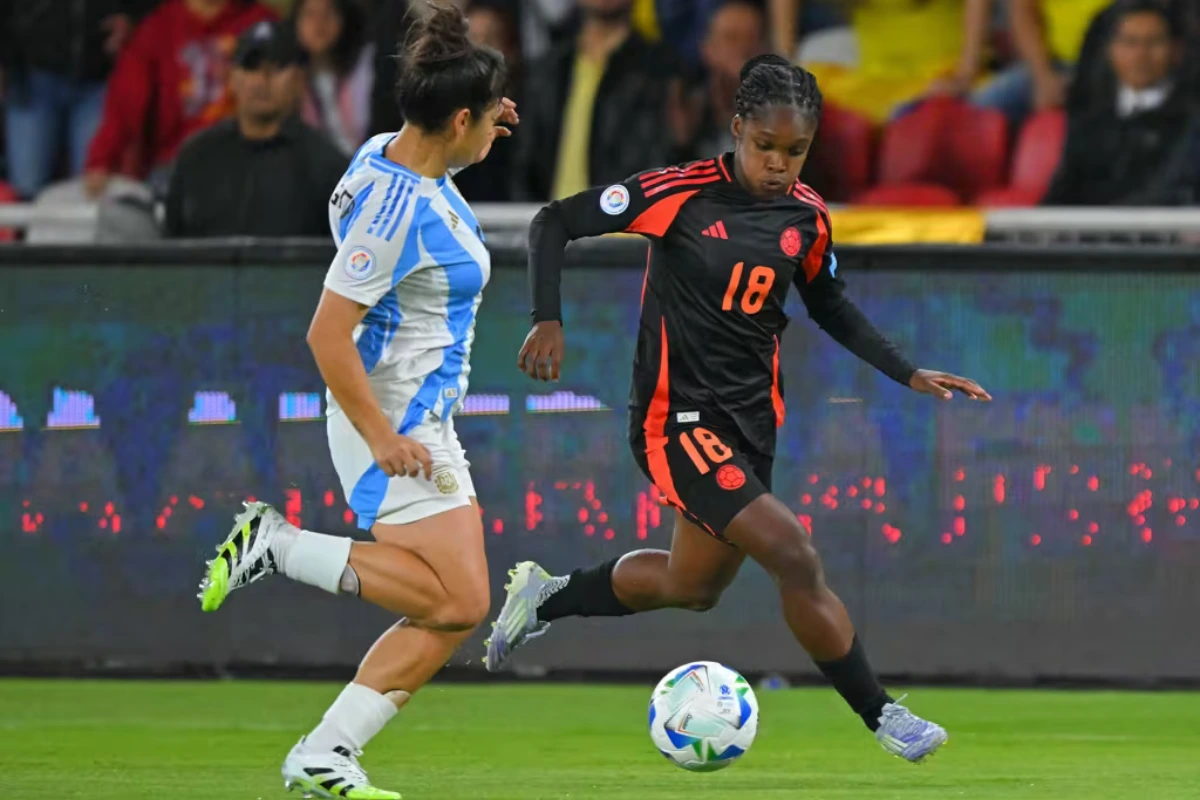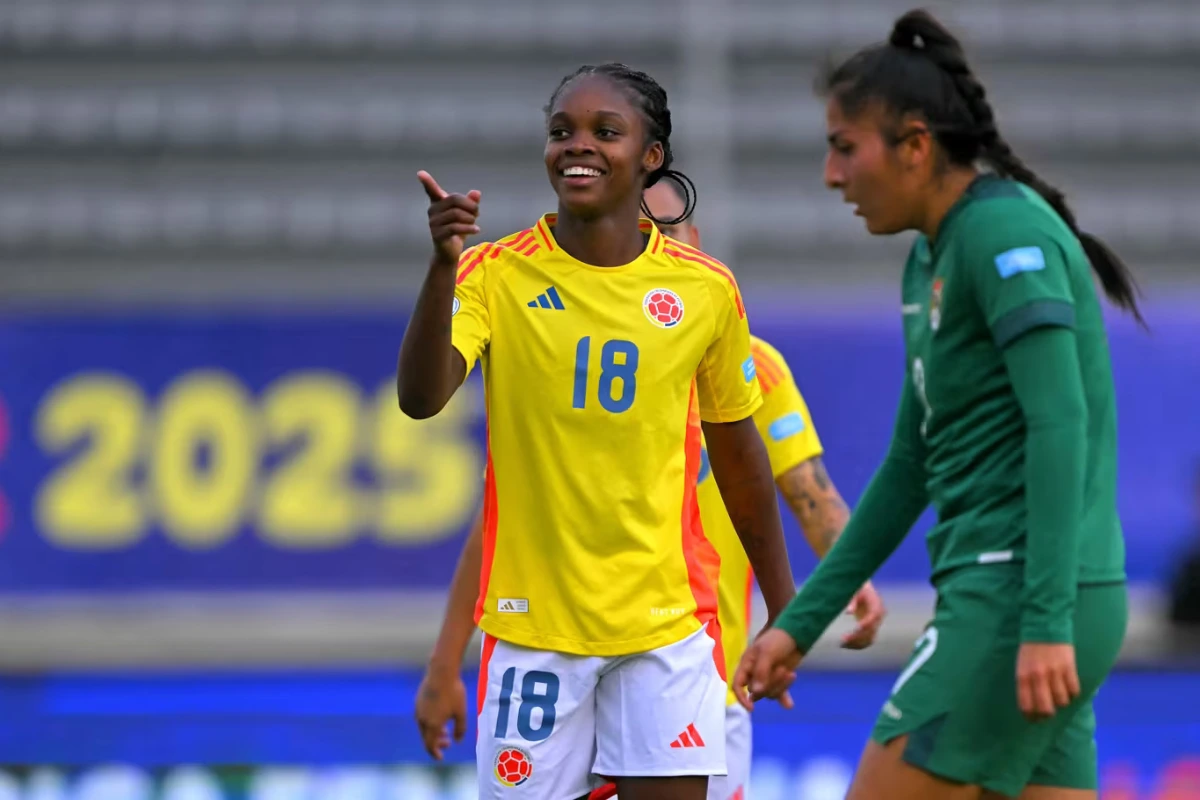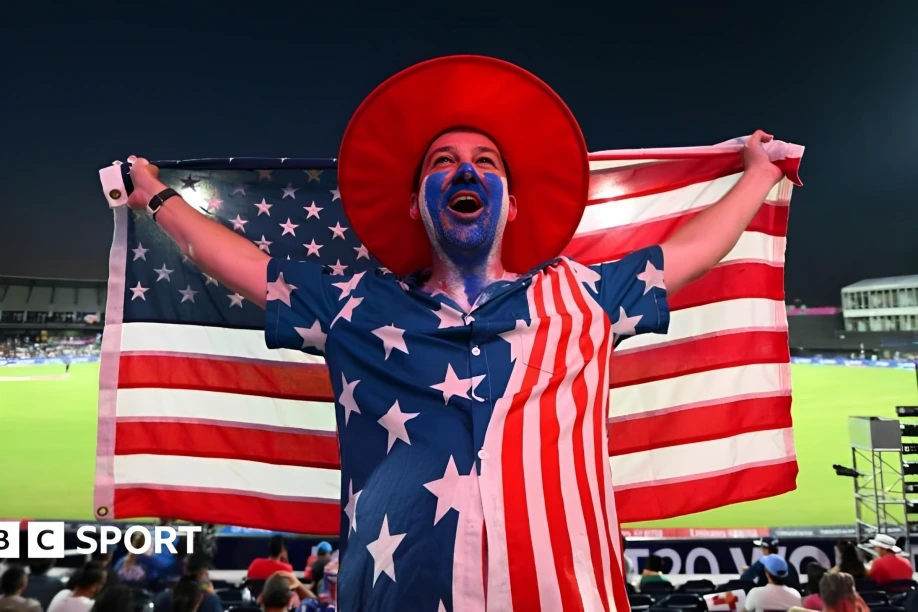🌟 Introduction
Big moves are being made in South American women’s football. The path to Brazil 2027 has officially begun with the conclusion of the CONMEBOL Women’s Nations League draw. This is a prelude to the grandest platform in women’s football, not merely a competition. Whether you’re a die-hard fan or just starting to tune in, here’s everything you need to know.
🏆 Understanding the CONMEBOL Women’s Nations League
A New Era in South American Football
The CONMEBOL Women’s Nations League is relatively new but already crucial. It was launched to boost the competitiveness of women’s national teams across South America. Think of it as South America’s response to UEFA’s Nations League—a mix of high-level competition and development opportunities.

Format and Structure
There are three leagues: A, B, and C, with promotions and relegations. It brings together CONMEBOL’s 10 national teams, divided into groups based on past performances. Every game will matter as teams battle across international windows.
📅 Significance of the 2025 Edition
The Countdown Begins
Why is this edition of the league such a big deal? Simple—it sets the trajectory toward Brazil 2027, the next FIFA Women’s World Cup. Performances here will influence seedings, momentum, and even morale heading into qualifiers.
Roadmap to Brazil 2027
Success in the Nations League won’t directly guarantee a World Cup spot, but it will reveal who’s ready. Coaches are watching. Scouts are watching. Fans should be, too.
🎉 The Big Reveal – Draw Day Highlights
Event Recap
The draw took place at CONMEBOL headquarters in Luque, Paraguay, generating buzz across the continent. With team captains, coaches, and football legends present, the event had both glamor and gravitas.
Initial Reactions
Brazil smiled. Argentina raised eyebrows. Colombia looked focused. The groupings sparked immediate debate, with predictions and power rankings flooding social media.
📊 Groups Breakdown
Group A: The Heavyweights Collide
- Brazil
- Chile
- Paraguay
- Peru
Brazil remains the favorite, but don’t sleep on Chile’s gritty midfield or Paraguay’s up-and-coming stars.
Group B: Tactical Tension
- Argentina
- Colombia
- Bolivia
- Venezuela
This group is tight. Colombia’s flair meets Argentina’s structure, while Venezuela may spring a surprise.
Group C: Wildcards and Warriors
- Ecuador
- Uruguay
Smaller group, but fierce rivalry. Every match could go either way, making this group thrilling despite fewer teams.

🔥 The Stars to Watch
Keep your eyes on:
- Debinha (Brazil) – Dribbling wizard
- Yamila Rodríguez (Argentina)—A rising scorer
- Leicy Santos (Colombia) – Creative dynamo
- Deyna Castellanos (Venezuela) – Versatile and deadly
These women are redefining the game—and could headline Brazil 2027.
🧠 Coaches and Strategies
Top Minds at Work
Coaches like Pia Sundhage (Brazil) and Germán Portanova (Argentina) are blending experience and youth. Expect fast-paced counters, possession play, and disciplined pressing.
Tactical Innovations
Watch for flexible formations and varied styles. South American football is evolving tactically, not just technically.
🌱 South America’s Rise in Women’s Football
From Underdogs to Contenders
It wasn’t long ago that South America was playing catch-up. But thanks to initiatives like Liga Femenina in Colombia and Brasileirão Feminino, the game is leveling up.
Grassroots to Glory
Development academies, scholarships, and domestic leagues are laying the foundation for long-term success.

🇧🇷 Brazil as the 2027 Host Nation
A Footballing Paradise
Brazil hosting the World Cup is poetic justice. The home of legends like Marta, Formiga, and Cristiane will now inspire the next generation.
Preparations in Full Swing
From infrastructure upgrades to sustainability plans, Brazil is aiming to host an inclusive and unforgettable tournament.
📈 CONMEBOL’s Role in Elevating Women’s Football
CONMEBOL isn’t just organizing tournaments—they’re building legacies. Their Evolución program, coach education efforts, and women’s football summits are making a tangible impact.
📺 Fan Engagement and Media Coverage
New Era of Visibility
With increased TV rights, live streams, and digital content, fans can finally follow their teams closely. You may anticipate full replays, Twitter highlights, and TikTok snippets.
Community Involvement
Local campaigns and fan clubs are growing. The league is becoming a movement, not just a competition.
📌 Predictions and Expectations
Favorites? Brazil. Dark Horses? Venezuela.
While Brazil and Argentina seem poised to dominate, don’t overlook Colombia’s sharp tactics or Venezuela’s fearless youth. The league might deliver some surprises.
🌍 What It Means for Women’s Sports Globally
South America isn’t just joining the women’s football conversation—they’re reshaping it. More competition means more talent, more diversity, and a better global game.
⚠️ Challenges Ahead
- Funding gaps remain
- Travel logistics across vast countries are tricky
- Some federations still lag in support
But the progress? It’s undeniable. And the momentum? Unstoppable.
✅ Conclusion
The CONMEBOL Women’s Nations League draw is the catalyst for a dream, not just a timetable. With Brazil 2027 on the horizon, every pass, every goal, and every match matters. South America is ready to roar. Are you ready to watch?
❓ FAQs
Q1. When does the CONMEBOL Women’s Nations League start?
The league kicks off in the following international window—typically around September 2025. Exact fixtures will follow soon.
Q2. Does winning the Nations League guarantee World Cup qualification?
Not directly. But it boosts a team’s reputation, ranking, and readiness for the qualifiers.
Q3. How can fans watch the matches?
Major broadcasters and streaming platforms will carry the games. Check local listings and CONMEBOL’s official site for updates.
Q4. Which teams are considered favorites?
Brazil and Argentina are early favorites, with Colombia and Venezuela as potential surprise packages.
Q5. What’s special about Brazil 2027?
It’s the first Women’s World Cup hosted by Brazil, a country steeped in football history and passion.
